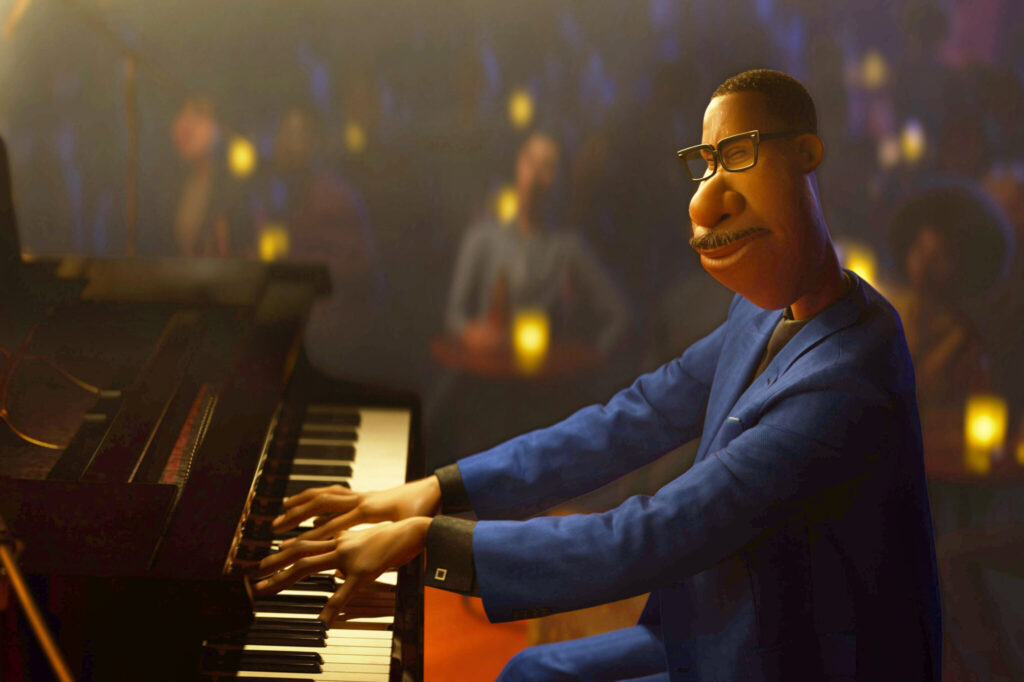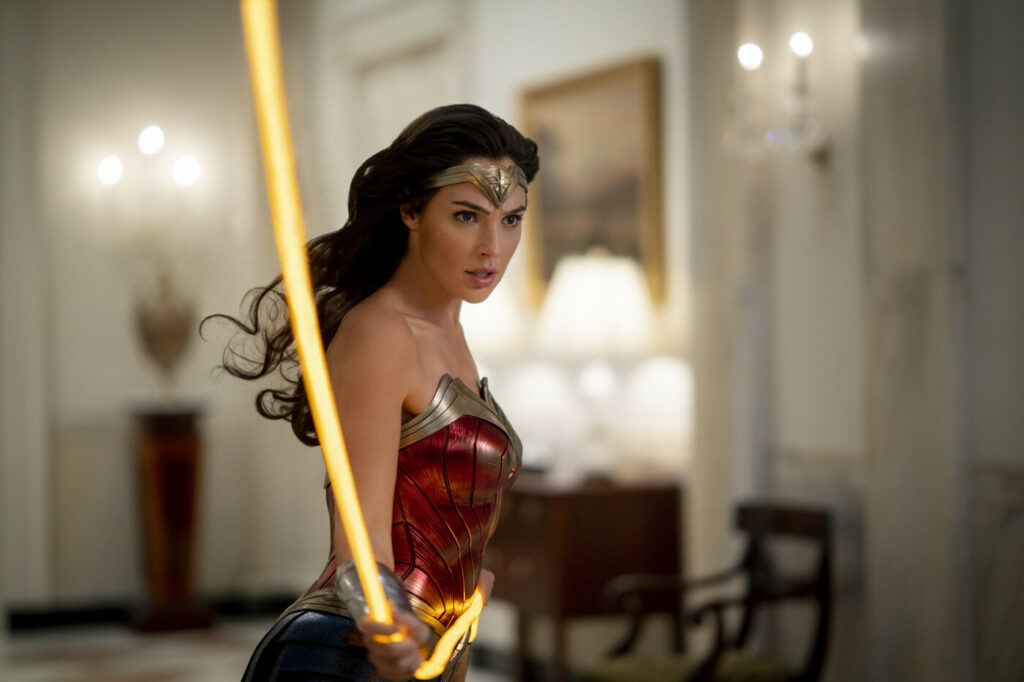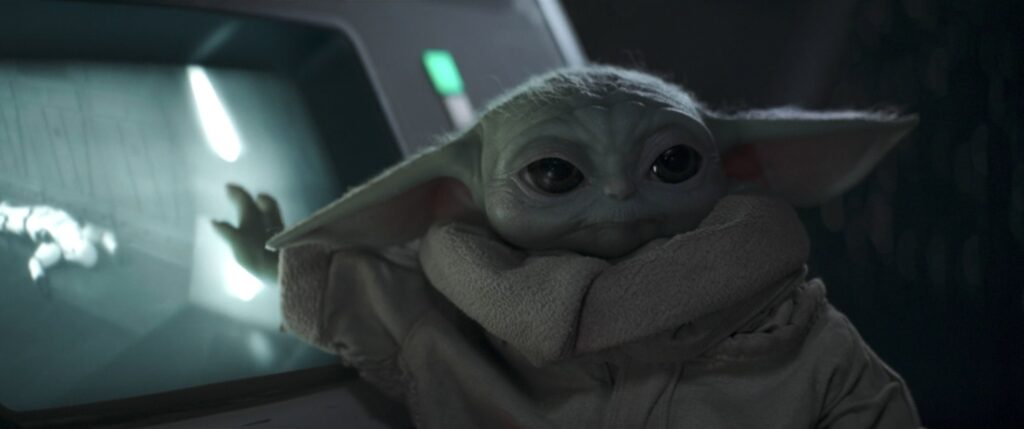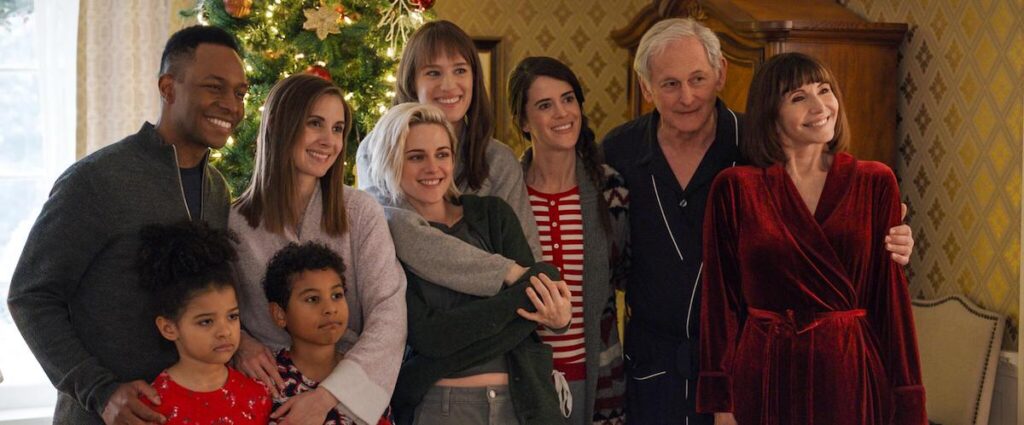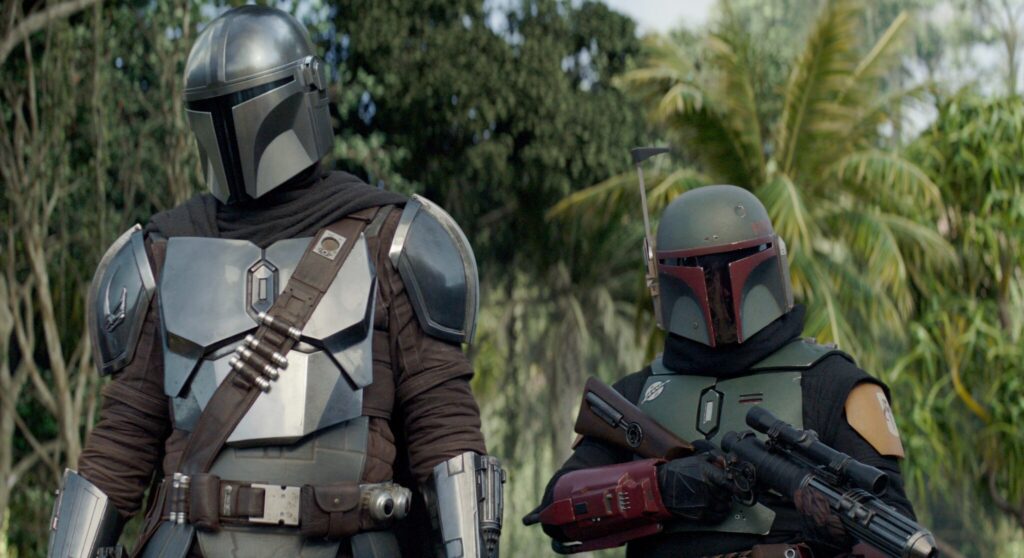As a franchise, there’s little Star Wars loves more than the past. Two of the three entries in the sequel series existed primarily as shrines to nostalgia, while its middle installment sparked endless controversy for daring to engage the idea that maybe we should, “let the past die.” The Mandalorian has mostly charted its own course, albeit carrying plenty of crowd-pleasing Easter eggs along the way.
There’s nothing inherently wrong with a current work possessing deep reverence for its broader lore, as the season two finale proved. Great storytelling can be powerfully enhanced by interweaving the present in with the characters fans have grown to love. Luke Skywalker never looked more powerful than when he was mowing down Terminator-esque Dark troopers one by one, delivering on a wish fans have clamored for since Return of the Jedi.
This episode combined all the best elements of the show, a near perfect finale. The show’s supporting bench was mostly all-hands on deck to rescue Grogu from Moff Gideon’s light cruiser. Dr. Pershing is a fairly compelling tertiary character, though his quick defection to Team Mando seemed a bit rushed.
The stand-off on the Imperial Shuttle was perhaps the episode’s lone clunky bit of fan service, a back-and-forth over the ethics of blowing up Death Stars ripped straight out of Clerks. A chief complaint of the Skywalker Saga as a whole has been how small the galaxy seems with everyone knowing every else. Between the shuttle and Bo-Katan’s instant familiarity with Boba Fett, it felt like this episode was crafting an intimate family drama rather than a giant space epic.
The action sequences were predictably phenomenal, giving the female members of the team plenty of chances to shine while only just barely dipping into the cringey “girl power” energy that Avengers: Endgame consumed to excess. The Dark troopers were appropriately menacing, even in scenarios where they didn’t really get a chance to wield their full power. Mando destroying one with his flamethrower might suggest that they’re easier to beat than the show lets on, but it’s understandable that none of Mando’s crew didn’t want to test this theory too much.
Moff Gideon has been a pretty menacing figure despite only making sporadic appearances. Giancarlo Esposito has a gift for playing characters who display a transactional sense of villainy. For a second, he really makes you believe that he’s simply okay letting Mando and Grogu walk away, before swinging the Darksaber right at Mando’s back.
The fight itself was pretty solid, though the sight of an old man parrying with an armored bounty hunter, albeit one who was recently bashed in the head, ran the risk of carrying on past the point of plausibility. Gideon seemed like a likely candidate to not make it past the episode, though Chapter 16 opted not to add to the show’s body count. All hands are still on deck for an eventual war on Mandalore, as the show is increasingly hinting will be its focus for next season.
Luke’s entire sequence was perfect, a moving tribute to the franchise’s most beloved hero. The use of body-double Max Lloyd-Jones mostly worked, though the dialogue portion was a bit clunky. The sight of R2-D2 brought tears to my eyes, a beloved character who was woefully neglected by the sequel trilogy.
Luke never got a chance to bask in the limelight after beating the Empire. Regardless of how you feel about his well-crafted arc in The Last Jedi, it is a shame that Star Wars turned the page on Jedi Master Skywalker without giving Hamill a chance to enjoy Luke in his prime. This episode was a great tribute for those of us who lament the end of the Expanded Universe.
The most impressive thing about the last ten minutes of the episode was the way it managed to give simultaneously both Mando and Luke their tearjerker moments. Mando taking his helmet off to say goodbye to his adopted son had been hinted at, but it played so powerfully here. Grogu not wanting to leave was perfectly complemented by R2’s exuberance at seeing the young child.
The whole scene worked on so many levels, combining Star Wars’ vast lore with the affection we’ve built for our current cast of characters. The franchise finally used nostalgia not as a crutch, but as a seasoning for its carefully curated buffet of emotion. It’s hard to think that The Mandalorian will sideline its breakout character for very long, but the show succeeded in presenting that as a possibility.
“The Rescue” represented the finest chapter in the Star Wars saga since The Empire Strikes Back. The episode utilized every single moment to its advantage, both in the present and with regard to planning for next season. Both Mando and Grogu will have their hands full with new adventures next year, giving comfort to those who might still be sobbing over the idea of their separation. It’s hard to think of a better way to end this era of The Mandalorian.
If that wasn’t enough, we were treated to an excellent post-credits scene where Boba Fett and Fennec paid a visit to Fett’s old friend Bib Fortuna at Jabba’s Palace. Fett hasn’t had nearly enough chances to shine since his introduction, playing bit roles in the past two episodes. Looks like a spin-off is on the horizon, along with all the other Star Wars projects in development.
Quick programming note. We will return with a review of the season as a whole. Be sure to check out Estradiol Illusions’ weekly podcast recaps. Thank you so much for following along with us every week! Happy Life Day.





